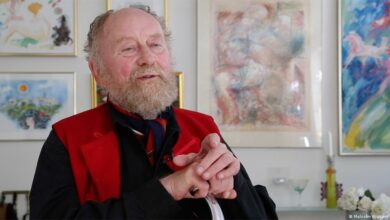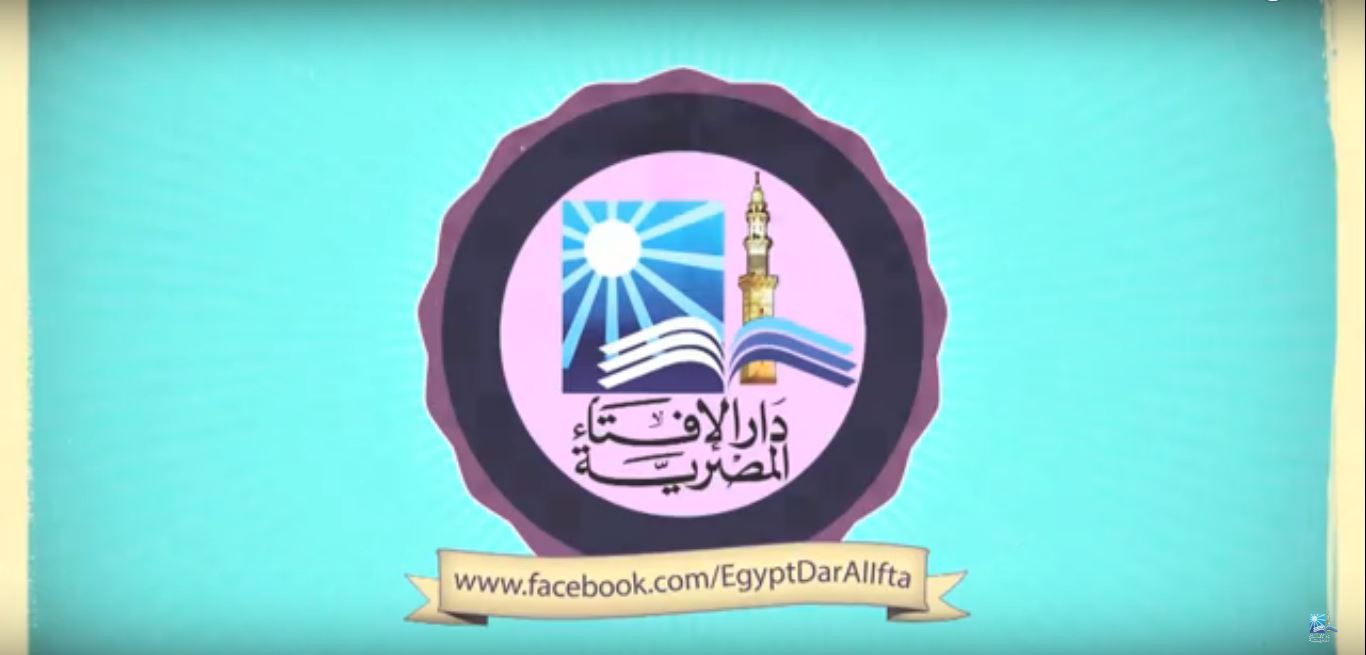The launch of the “Autostrade” graphic novel collection was markedly different from the generally sober unveiling of an Egyptian novel. Although there were chairs at the Bikya Book Cafe, many of those who attended the launch stood on benches or sat on the floor. A microphone was installed up front, but there were no speeches, readings, or even a Q&A and artists mingled with attendees.
The event started on Monday evening, with music by Fayek Helmy and an announcement that the book’s arrival had been delayed. Patrons stood and many danced to the songs that circulated through the small Nasr City bookshop. When the book finally arrived about an hour later, event-goers crowded up to the register, waving their money in an attempt to get one of the first 50 “limited edition” copies.
The collection, the effort of some 20 artists and authors, is the first and flagship offering from the recently created Division Publishing. Young artists Marwan Imam and Mohamed Reda founded the publishing house last February.
Imam and Reda experienced the first fruit of their efforts Monday, with people cramming to attend the “Autostrade” soft launch, spilling outside and sitting on cars and in car trunks as they talked and smoked. A few were singing. Outside, someone played a guitar. People introduced themselves by their names or, just as often, by their Twitter handles. Later in the evening, Ze Khodz performed live music inside.
“Autostrade” thus became the landmark publication of Egypt's first graphic-novel-focused publishing house. Division co-founder Imam said that their "Autostrade" is different from the graphic novel magazine "TokTok" launched in January.
"Autostrade is actually twice as big as ‘TokTok,’” said Imam. “And we call it a book, because comics are of literary value similar to a book… It is, however, serialized. It will be bi-monthly, so the next issue is due in September."
The comic book is less overtly political than initial issues of “TokTok.” In the English section of “Autostrade”, short episodes are more informed by Japanese manga, superheroes and crime writing than by revolutionary ideals. There is an emphasis on topics of interest to students, such as exams and school funding.
And although half of the issue was in English and half in Arabic, there are no translations. “The idea,” Imam said, “is to allow our writers to write in the language they are most comfortable in, as well as to allow for a wider readability.”
The first issue of “Autostrade” is written and drawn almost entirely by young, emerging Egyptian artists. Sara Abdel Azim drew and wrote the most charming of the English-language pieces, "The Mind of Lujee." Abdel Azim said this was her second publication and added that the artists and writers knew each other from "all different walks of life," and "all kind of came together at this bookstore."
Some of the episodes are written by a single author-illustrator, but many are collaborative efforts. Gehad al-Sheikh, who worked with Mohamed Mazloum and Salma Soliman on “Short Circuit,” said, “There’s a lot of trust in it.”
The collection is not entirely even. The narrative line on some pieces is difficult to follow, and some of the art seems unsure of itself. But “Autostrade” editors are uniquely open to feedback. After a few issues, readers will be asked to vote for their favorite pieces at divisionpublishing.com. According to Imam, “The small 12-page episodes within are seeds to longer series. Basically, after a couple of issues of ‘Autostrade,’ the readers get to vote on the stories within the book.”
The most popular characters and stories will be given their own spin-off series. These will be separate from the“Autostrade” anthology and will be sold at a lower price.
The stories on “Autostrade’s” Arabic side are generally more focused and more engaged with Egyptian life. "Marahal al-Hayah" (Stages of Life), by Marwan Imam, has two parallel stories of a job seeker enduring a long and suffocating wait in a lobby and a young woman enduring a stifling talk about marriage with her mother.
In "Hakayat al-Mustashfa" (Hospital Tales), by Ahmed al-Mojadidy and Ahmed Wasfy, a doctor-narrator promises readers that every day, something strange happens inside the government hospital where he works. It's a great premise, although we don't see much outside a conversation with a 40-year-old woman, who is overjoyed that some doctor finally cares about her health woes (uh, sort of).
The densest and most literarily intriguing was Magdy al-Shafee's "Al Qasr (Remix)" (The Castle (Remix)). Its chatty, self-aware, story-within-a-story structure features 20th century Egyptian intellectual Taha Hussein on a Harley Davidson and a re-imagining of Hussein and writer Tawfiq al-Hakim's collaborative work "The Enchanted Castle," which is itself a tale of strange juxtapositions with Sheherazade returning to Earth to meet the two authors at a hotel in the French Alps.
“Autostrade” is exclusively available at Bikya Books Café until the magazine’s official release party on Wednesday, 20 July at the Ahmed Shawky Museum in Giza. Meanwhile, the “TokTok 3” release party is scheduled for Saturday, 16 July at downtown Townhouse Gallery.
With the launches of “TokTok,” “Autostrade,” and the one-time collection “Kharig al-Saytara” (Out of Control), it seems the local comic market is no longer just for kids. As Imam writes in the introduction to the first edition of “Autostrade,” perhaps “now is the best time for a revolution in comics.”




